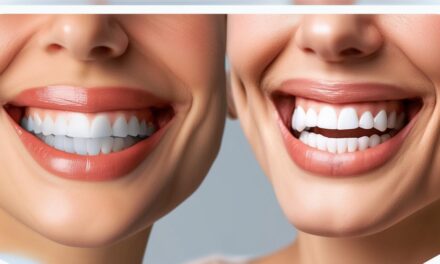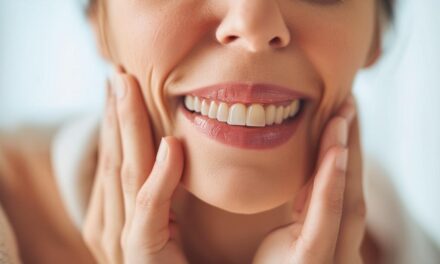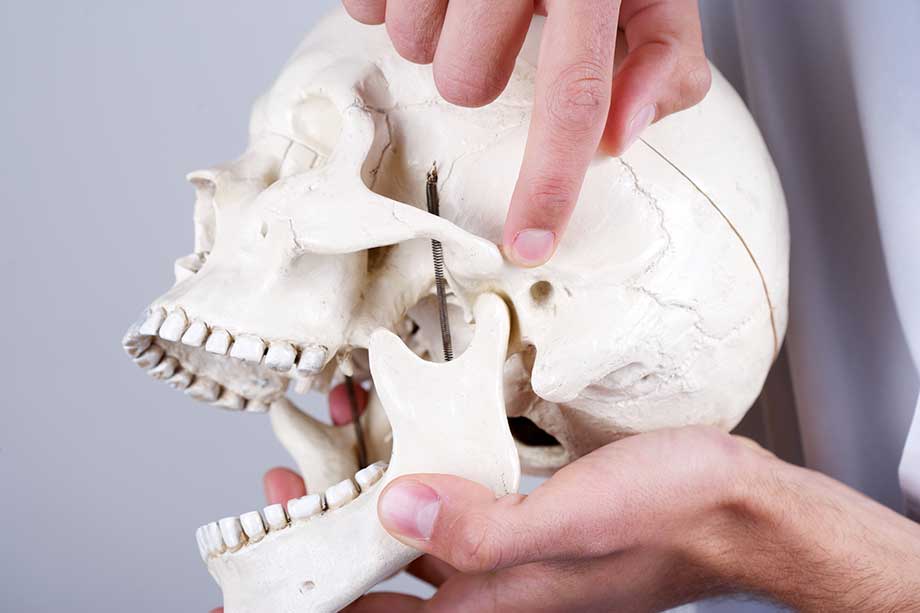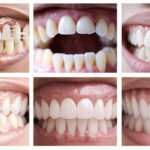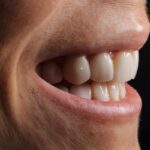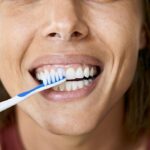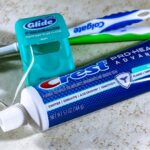Millions of Americans are missing out on much-needed sleep, leading to increased feelings of anxiety and stress. In fact, between 50 and 70 million people nationwide have some form of sleep disorder, according to a study led by Phyllis C. Zee, M.D, Ph.D. Of them, 22 million suffer from sleep apnea, one of the most common forms of sleep disorder, reports the American Sleep Apnea Association.
Unsurprisingly, given the huge number of people having trouble sleeping and the associated stress and anxiety, everyone is at risk of sleep disorders such as sleep apnea, Tom Harburg., M.D. writes. This includes children. Indeed, Harburg’s own child was suffering from sleep apnea until her tonsils were removed.
No one likes being tired. And although sleep disorders are common, they can be very serious. Sleep apnea, for instance, can have long-term consequences to your health. Psychologist Michael J. Breus offers a succinct summary of the dangers of sleep apnea, including risks for other medical conditions such as cardiovascular disease, diabetes, obesity, and pulmonary hypertension, all of which can exacerbate feelings of anxiety and stress.
These can be life-threatening. Add to those findings of a recent study co-authored by neuroscientist and physician Andrew Varga that says sleep apnea may be contributing to cognitive decline and Alzheimer’s disease.
When sleep disorders are this serious, finding out what is causing them, including the potential role of anxiety and stress, is crucial, according to San Diego Therapist, Jill Silverman.
Is Jaw Misalignment Causing Your Sleep Disorder?
Sleep apnea occurs when breathing is impaired during sleep. Harvard sleep specialist D. Andrew Wellman, M.D., Ph.D. says a diminished flow of air can be caused by a problem in the brain called central apnea — but it is most often caused by airways repeatedly being blocked during sleep, which condition is known as obstructive sleep apnea.
People whose airways become blocked during sleep will experience repeated interruptions in breathing that can last for as long as ten seconds and occur as often as 30 times in an hour, Katherine Lee at Everyday Health writes. It’s these repeated interruptions that leave sufferers feeling exhausted the next day and cause stress to the body which can lead to the serious conditions listed above.
Your airways can become blocked for a number of reasons. In children, large tonsils or teething problems can be the cause. In adults, sleep apnea has been linked to excess soft tissue, growths in the throat and even tumors.
But there is a much more likely culprit — one that could be causing you pain and discomfort already. Studies, such as one carried out by Brazil’s Department of Dentistry and led by Paulo Afonso Cunali, have found that a misaligned jaw or TMJ can be blamed in a significant number of cases.
There is a very good reason for this, says dentist Mark Duncan. “The tongue’s position is impacted by the alignment of the upper and lower teeth. When the teeth are misaligned, the tongue can block the airway as you sleep. This problem with jaw alignment or malocclusion can cause a person to wake up frequently throughout the night.”
Dentist Fred Abeles takes things further. Because the temporomandibular joint is the only joint in the body whose position is dictated by where teeth come together, it cannot align anywhere other than where the teeth fit. So if the bite causes the lower jaw to be positioned too far back, the temporomandibular joint will also be positioned too far back causing the tongue to retrude and block the airway.
It is for this reason, Abeles says, that 75 percent of people with a TMJ problem have symptoms of sleep-disordered breathing. An upper arch of the teeth is predictive of sleep apnea in 90 percent of cases, and a retruded chin in 70 percent.
The way that the mouth ages can also cause problems. As we get older, the space between the roof and the floor of our mouths gets smaller. That means both smaller airways and less room for the tongue. So even if you had a perfect bite when you were younger, you may experience breathing difficulties and sleeping disorders later in life.
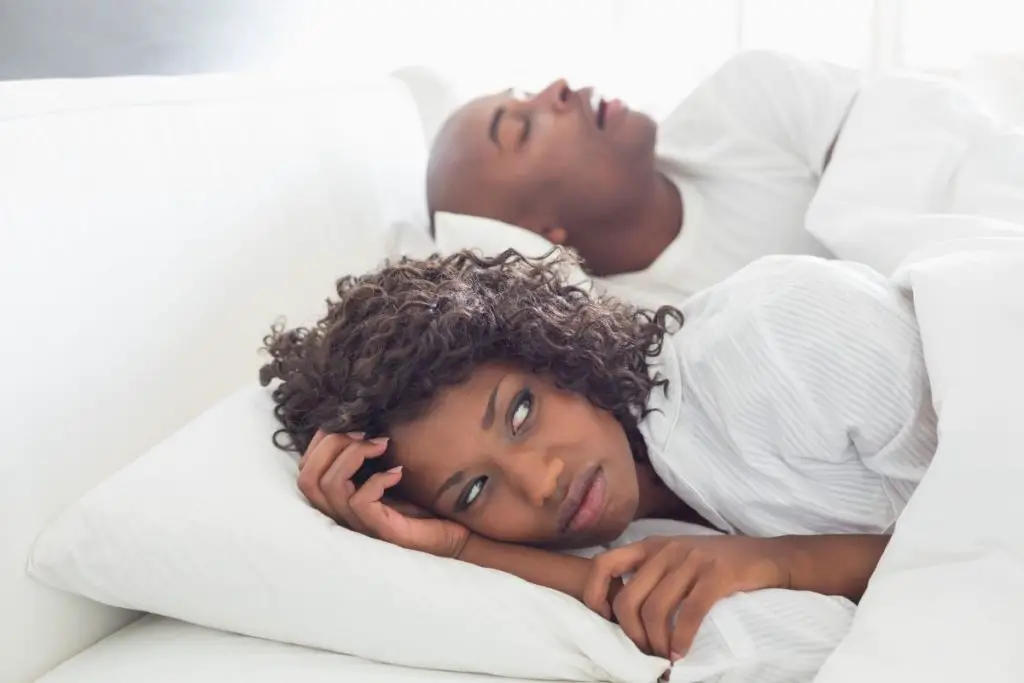
Sleep Apnea May Just Be the Beginning
You can usually tell if you’ve had a bad night’s sleep. But a misaligned jaw can cause other sleep-related issues that you might never know about until you visit a specialist.
Bruxism, the involuntary grinding of the teeth typically during sleep, is one of these problems. If your jaw is misaligned, it will constantly be searching for a “harmonious position,” Ban R. Barbat, DDS, writes. When your jaw spends the entire night moving from side to side to find the perfect position, bruxism is virtually inevitable.
But if you don’t know you have bruxism and it doesn’t wake you up, is it even a problem?
The answer is yes. Grinding will damage your teeth and can cause significant pain in the morning. It can impact the quality of your sleep, too — just like a blocked airway. Mark Burhenne, DDS notes that when muscles tense up to grind, your body is taken out of deep sleep. And you need deep sleep to get the important benefits such as the release of human growth hormones, improved memory, muscle building, and fat burning.
The link between sleep disorders and jaw misalignment is so strong and the impact on your health so detrimental that the American Dental Association has even adopted a policy on dentistry’s role in combating these disorders. This has led to dentists across the country taking a more holistic approach to treatment, checking for sleep apnea whenever a patient shows signs of TMJ, a misaligned jaw or bruxism. In his clinic in Wilmington, Delaware, for example, Ryan Robinson, DDS screens every patient for sleep apnea. Of those, 40 percent are referred to specialists for further treatment.

What are Your Options?
There are a number of available treatments for sleep disorders such as sleep apnea and bruxism.
- Lifestyle changes. When jaw misalignment is not the cause, sleep apnea can be treated by losing weight, quitting smoking or avoiding alcohol.
- Airway pressure devices. There are several different types of positive airway pressure devices which apnea sufferers wear while sleeping. The devices deliver continuous air pressure to keep your airways open.
- Oral appliances. Mouthguards and other oral devices can be worn while sleeping that may help with jaw alignment and improve airflow.
- Surgical treatment. There are a number of different operations that can help treat sleep apnea such as tissue removal, jaw repositioning, and implants.
- Non-Surgical JawTrac® Ideal Jaw Position Technology.
While many treatments are available, they are not all created equal. Surgery isn’t a welcome option for some sleep apnea sufferers and many people hate wearing sleep masks. More importantly, most of the solutions are temporary. As soon as a patient stops wearing a sleep mask or using an oral device, the disorder returns, along with all of the health risks that it poses.
That’s why one of the most effective treatments for sleep apnea caused by a misaligned jaw is the Face Lift Dentistry® Bite Correction. This is a non-surgical and non-invasive procedure that mechanically synchronizes the ideal jaw position, leading to less stress on the muscular system, clearer airways, and better breathing.
If you have trouble sleeping, constantly wake up exhausted or suffer from TMJ, consult a specialist immediately to find out if you have a sleeping disorder. Nothing is more important than your health and getting this problem fixed should be a matter of urgency. As Michael Westman, DDS points out, your entire body can be affected by jaw misalignment, including your muscles, nerves, and posture. Sleep disorders might be just the tip of the iceberg.
Images by: Kinga Cichewicz, wavebreakmediamicro/©123RF.com, amaviael/©123RF.com


